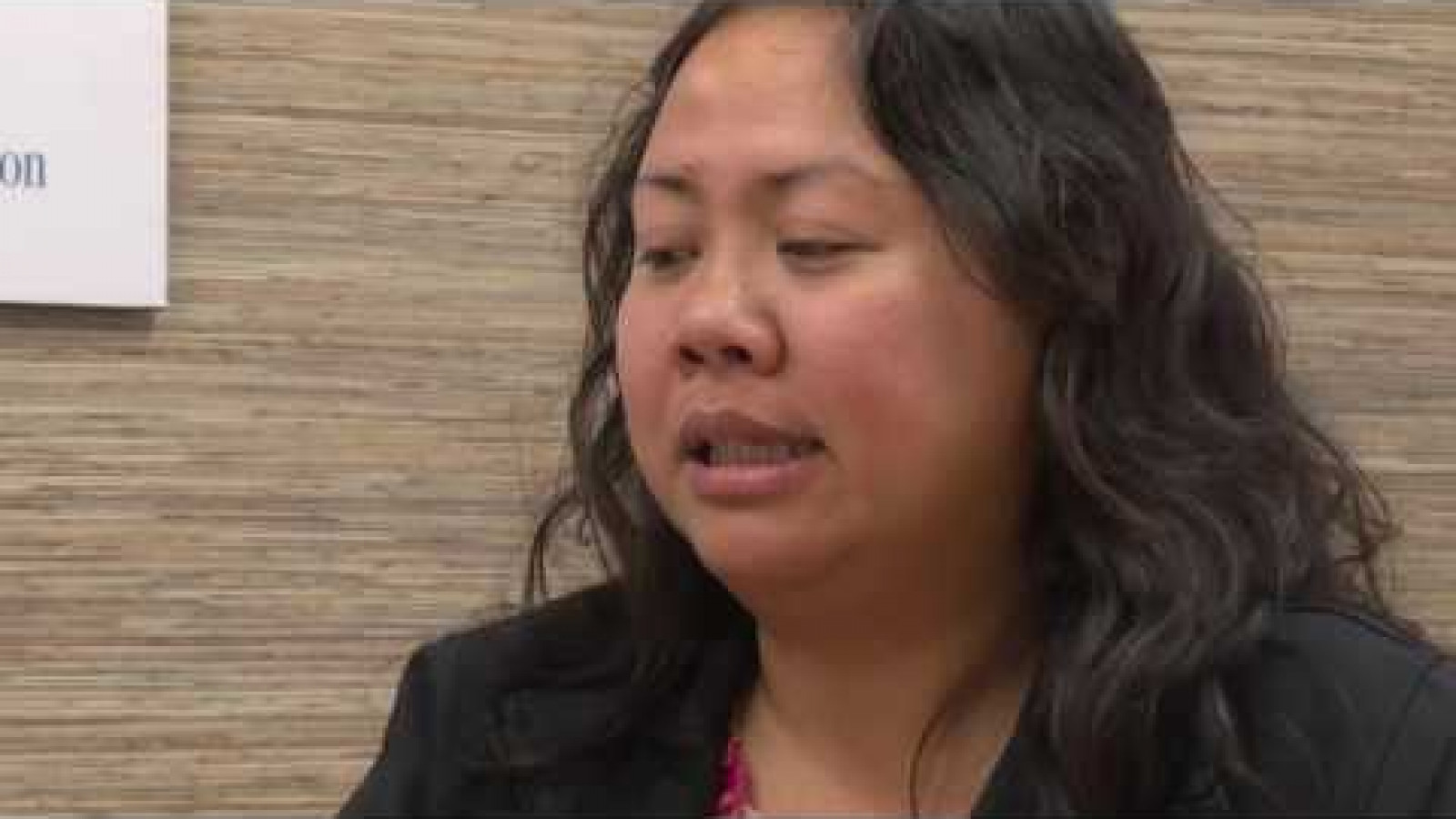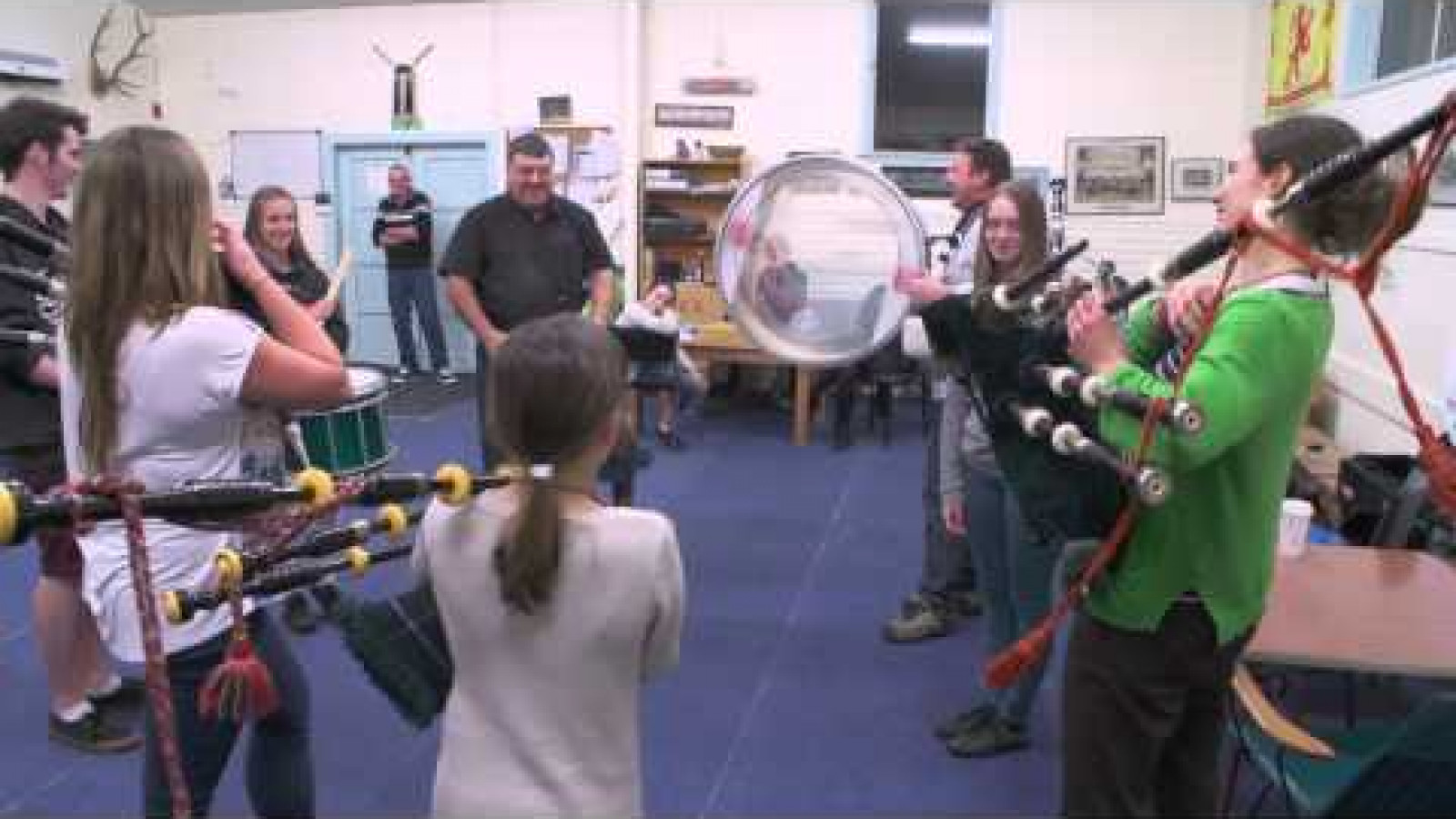Interested in coming to New Zealand?
Sign up to receive relevant job opportunities from New Zealand employers and practical advice on how to make your move to New Zealand a reality.
Moving to a new country is a big change. You might feel like you have landed in a strange new place and find it hard to get used to your new surroundings. People, food, smells, language — they may all be different! You might be missing home, especially if it is your first time living away from your family.
It is normal to feel homesick while you get used to living in a new country – no matter how old you are or where you come from. The good news is that it does not usually last long.
Reducing homesickness is key to fitting into a new society and feeling at home. While it might be hard at first, gradually letting go of old routines and things you are used to and making new connections will help you to feel more at home in New Zealand.

It can be hard to concentrate on work or study when you feel homesick.
Homesickness is the mix of emotions that people experience when they leave their familiar home and find themselves in a new and unfamiliar environment. It is often a deep longing for home and can be associated with feeling upset or depressed. You may feel your usual way of life has been disrupted.
If you are feeling homesick you might:
Homesickness is very common - about half to three quarters of people have felt homesick at least once in their life. For 1 in 10 people, homesickness may last for a long time.
While you might feel embarrassed or find it hard to accept that you are homesick, often the best way to get over it is to acknowledge how you feel and talk about it with someone you trust.
Having a schedule and talking to family back home helped Philippines-born Mylene Mera settle into New Zealand.

Hi I’m Mylene Maria, I am originally from the Philippines and now I am here in Nelson, New Zealand and I am working at New Zealand King Salmon Limited.
I first heard about New Zealand from my friend Ami, that is when I applied for the, for the skilled migrant.
So when I got my visa I was in, still in Malaysia and I think I am only allowed to wait for three month before I come here ... But I said I, I am leaving, New Zealand is waiting so, I left and um, I stayed in my friends place in Howick, Auckland
and then, luckily um, I got hired for King Salmon.
First days in King Salmon I would walk because the place is just near. They were - they were nice, they were very friendly and they are very welcoming.
As a product development in King Salmon, we are tasked to develop new products, improve existing ones, and um, we also need to find cost saving initiatives.
I go to, I go to the factory to do the trials. So I will ensure that all the processes have been followed and that the product is produced to, up to standard.
So when I was in Singapore I was working sometimes if I really needed to finish off a report until 4 o'clock, 5 o'clock in the morning, and then I still have to work weekends. - There's a big difference between Singapore and New Zealand...
Yeah so Jeff works in King Salmon as well ... He is really in to gym, so I joined the gym as well. I enjoy the spin class because, um - it is very, it’s intense but it is very short time.
On Monday, my usual Monday I don’t go to the gym, so when I reach home it is study time for me. Tuesday I would have my sewing class and then Wednesday would be study again and then Thursday would be dinner with Jeff, Friday would be study and pizza (laughs) and Saturday would be a market or laundry, things like that. - But every day if my mum is online I would talk to her.
Perfect weekend for me would be um, just at home usually - but usually if it is summer we would go out and we would just have a walk.
What I like about living in Nelson is I get to have the time to do everything I want to do.
I wouldn’t change anything really but I would like my family to come here and be able to live with me here ... this, New Zealand is a very nice place for a family.
Homesickness has a range of physical, mental, behavioural and emotional symptoms or signs. You might have all of these symptoms or only some of them.
Loneliness is a common symptom of homesickness.
While the symptoms of homesickness generally go away over time, it is still normal to miss home every now and then. This may happen more in quieter parts of the day, like when you wake up or go to bed or when you are doing things like reading or listening to music.
There are a few ways you can help yourself to feel better if you are feeling homesick.

Life will get better as you meet new people and do new things.
Write down a list of reasons why you moved. Include your hopes, expectations and goals.
A list can remind you about what you wanted to achieve by moving. Writing down your feelings can help you to organise your thoughts and feel better about your new environment.
It might help to remember that home is still there. If you find it too hard to cope with homesickness you can probably go back, even if it is just for a visit. But think carefully if you plan to return home to live - we tend to remember just the good things about home and forget about the bad.
Call your family and friends back home if you can - but not too often. While hearing their voices might comfort you, calling too often might mean you are missing opportunities to get to know people around you.
Being in a new country means there are many new opportunities. As you meet new people and do new things your life will change and get better. It might not happen at first so be patient and keep an open mind.
Find out about your new environment and explore what makes it special. Developing a connection with a place can help you feel more grounded and in control.
It can be hard to know the difference between feelings of homesickness and depression, especially if you are experiencing both at the same time. The main signs and symptoms of depression include:
As with homesickness, it is normal to feel sad sometimes. But if those feelings do not go away — even after your situation improves — you might need to seek help.
In New Zealand, our health system places great importance on mental health. If you have symptoms of depression for more than 2 weeks, or if you are feeling at risk of self-harm, help is available by phone, text, email and online.
Contact Depression Helpline if you would like to discuss your situation with a trained counsellor. They can help you find the right support.
This helpline is open all day (24 hours), every day of the year if you are in New Zealand.
Who else can help | depression.org.nz
Contact Anxiety Helpline if you are feeling very anxious, having panic attacks or have phobias (very afraid of everyday things). A trained therapist who will give you support and help you understand your anxiety and experiences.
This helpline is open all day, every day of the year.
The Lowdown is a website that helps young people recognise and understand depression and anxiety.
Visit The Lowdown to find:
You can also talk to a counsellor for free by phone, text or webchat. Support counsellors are available all day, every day of the year.
Meet Morgane and Etienne
Unexpected hobbies and a social, outdoor lifestyle have helped Morgane Le Brun and Etienne Buscarlet feel at home in Rotorua.

Hello my name is Morganne. I’m originally from France and now I’m living in Rotorua, New Zealand.
I guess I first thought of moving to New Zealand in 2008 when I did an internship in Taupo to finish my studies. I’m a big fan of volcanoes so I was looking for an internship in geothermal and volcanoes, so New Zealand was a really good place.
So I went back to France and worked 3 years in France , and I met JC, so one of my friends now, but he talked about Mighty River Power and how they were advertising for a job - So I applied for it and I hadn’t heard about it for 3 months something like that, but then they contacted me in September and I said oh are you happy to come over, and I said oh, oh yeah ...!
So I was really well treated by Mighty River Power. When I first arrived in New Zealand, I arrived in the Rotorua Airport, and Mighty River Power arranged for a car to be there for me for 1 month and they arranged for my accommodation for 1 month too. They’re used to having migrants coming into the company so they have these programme I guess for migrants … and we have all bosses with us too so it’s really open, there’s not much hierarchy – we know who is the boss but discussions are really easy.
So there was a lady saying if you feel homesick just try and connect as much as you can with other people. For me music is a big part of my life - I'm a musician and I did music in France, so and just one day I was just hiking through town just to do some groceries and I heard some bagpipe playing.
I just went and talked to these people and they were really open saying yeah, yeah yeah - you are a beginner? - yeah yeah? - fine, just come and try.
..and, yeah - so now I have the full bag pipe with me and I’m still working on my technique but I can play with the band, I can connect with them, go with them to some competitions around the North Island and South Island.
And I was also curious about the Maori part of Rotorua, so one good way of learning that was to do some sport with them, and a colleague introduced to Waka Ama and so I just joined the Waka Ama Club on the Rotoiti Lake.
For this sport you need to be all in synch, you connect with people really strongly because you have to be altogether to make it work, so when we there is a race they all the families of everyone coming in and having a sausage sizzle and having a chat, a laugh, and share stories …
Yeah so coming, even though I had the experience back in 2011 about how it was to work here maybe one of the hard things was the keeping the link with the family and the friends.
If you are out of sight people sometimes forget you a little bit, so it’s about letting go some relationship because, that's just the distance is making that happening, and we feel quite at home here too but so your heart in between 2 countries … but I think now open a new world a little bit so, I think we are going to stay a bit longer in New Zealand. Yeah.
You can reduce feelings of homesickness by getting to know your new environment and the people around you. It is important not to isolate yourself as this might only make you feel more lonely. Getting involved in your community can help you feel included and create opportunities for making new friends.
There may be other people from your home country living in your community who have had similar experiences to you while settling in, including homesickness. They will know how you are feeling and may be willing to share their experiences of how they coped.
Here are some ways to get to know people in your community.
Here are some ways to meet people in your community.
All new migrants go through different emotions at different times as they settle into a new country. Understanding the stages of settling in can help you understand what you are going through when you are feeling homesick.
Sign up to receive relevant job opportunities from New Zealand employers and practical advice on how to make your move to New Zealand a reality.